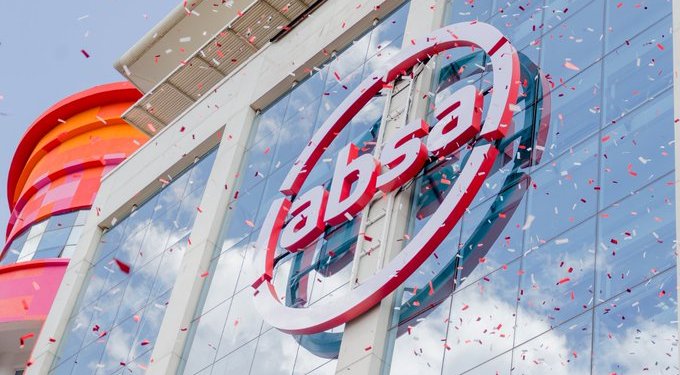South Africa’s Absa sees more Fintechs in African IPO pipeline
One of South Africa’s biggest lenders said the time is ripe for African financial technology firms to consider public listings at home, as startups on the continent struggle to raise venture capital amid a global slump.
An initial public offering on a local exchange could make sense as an exit option for shareholders of fintechs that generate most revenue in a single local currency, according to Absa Group Ltd.’s Adesoji Solanke.
“We shouldn’t assume that the depth of liquidity on local stock exchanges is zero,” Solanke, who is Absa Securities UK Ltd.’s head of fintech investment banking origination, said in an interview on the sidelines of a conference in Nairobi. “We now have sizable pension pools investing in some African countries.”
Africa has the fastest growing population in the world, with increasingly tech-savvy young people seeking ways to bypass the region’s underdeveloped legacy financial systems. This has cultivated a budding fintech industry, including startups such as Flutterwave Chipper Cash and Interswitch that have touted possible listings in the UK or US.
Some advantages of listing domestically include local investors who are more familiar with the companies and less onerous listing requirements than foreign exchanges, according to Solanke.
A number of African fintech companies have already listed on local exchanges, including E-Finance for Digital & Financial Investments and Fawry for Banking & Payment Technology Services SAE in Egypt, High Payment Systems SA in Morocco, e-Tranzact International Plc in Nigeria, and Lesaka Technologies Inc. in South Africa.
African fintech companies with geographically-diversified revenues and strong growth can realistically consider international listings, Solanke said.
Major African mobile phone companies, including MTN Group Ltd., Vodacom Group Ltd., and Airtel Africa, have built large fintech units that potentially could go public.
MTN last year sold a $200 million stake in its fintech to Mastercard Inc. that priced the business at $5.2 billion, while Airtel’s mobile money unit was valued at $2.7 billion in 2021. Mobile money, where users store and manage cash in an account linked to a mobile phone, is one of the fastest-growing segments for wireless-network operators in sub-Saharan Africa.
Exchanges in Nigeria and Kenya are working to address listing and foreign currency concerns of private equity and venture capital firms that prefer to make tech investments in US dollars, according to Solanke.
“We are working very closely with institutional investors in some of these markets to help them understand some of the dynamics of African tech companies,” he said.









